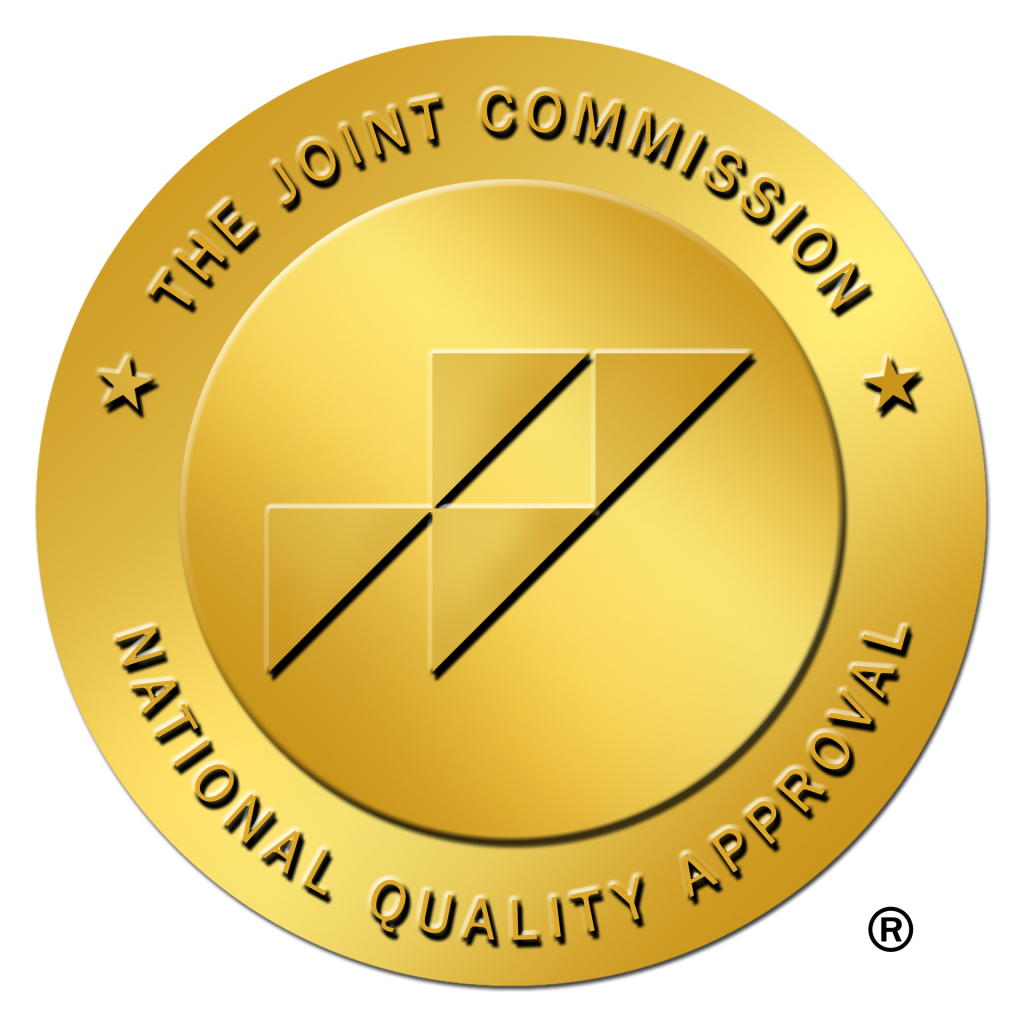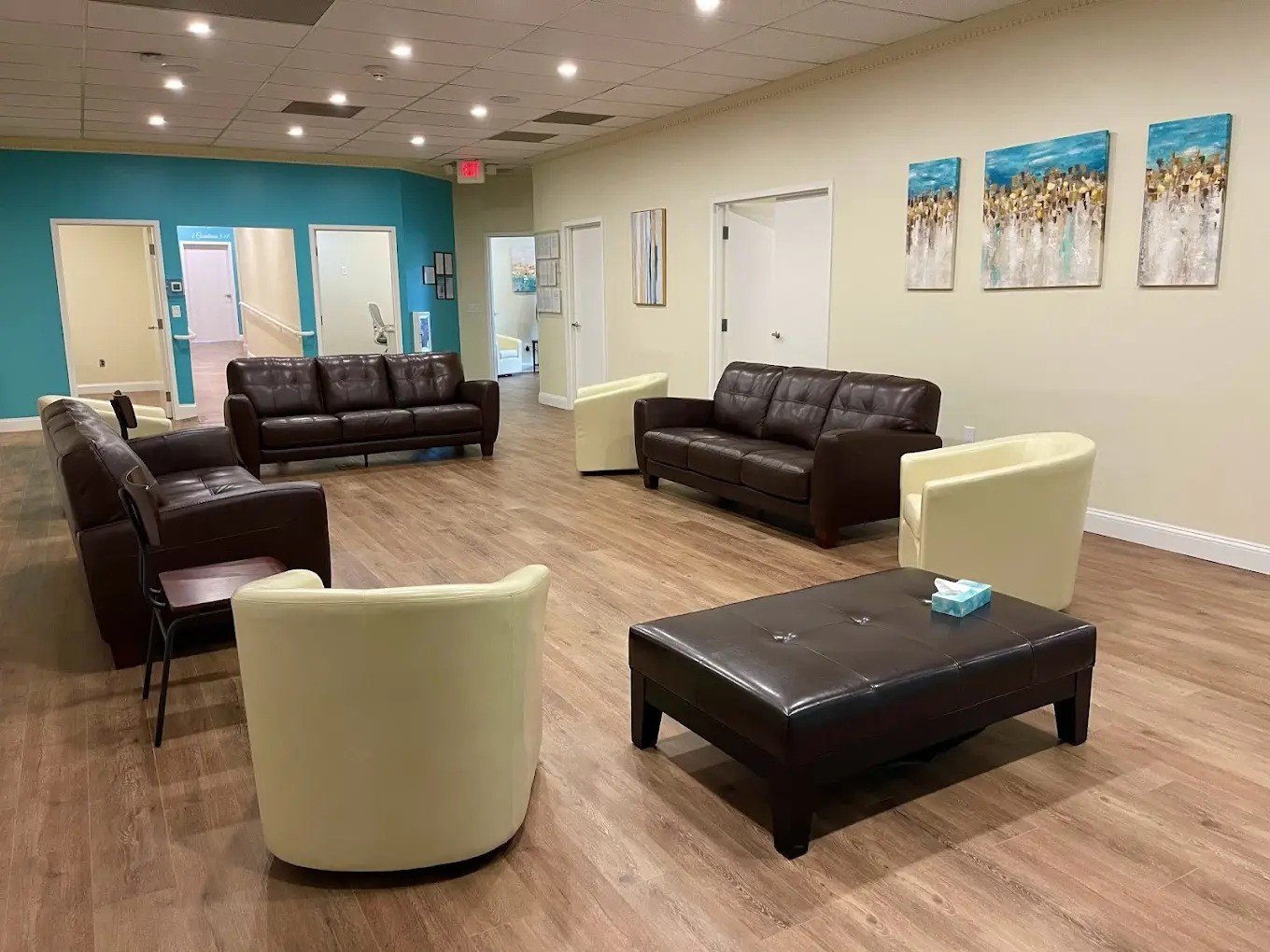Faith Based Recovery Program Nj
Embracing Spirituality in Recovery
Faith-based recovery programs have increasingly become a beacon of hope for individuals seeking to overcome addiction through a blend of spiritual guidance and clinically validated therapeutic methods. At New Chapter Recovery, our faith-based recovery program nj integrates spiritual growth with professional rehabilitation to support clients in their journey to sobriety. By addressing both the emotional and spiritual needs of our clients, we provide a holistic approach that encourages personal growth and sustained healing.
Our program is designed for those who find strength in their faith, allowing them to explore spirituality as a fundamental aspect of their recovery. A supportive community enriches the process, providing shared experiences and collective encouragement to face life’s challenges with newfound resilience.
The Role of Community in Healing
Community plays a crucial role in the success of faith-based recovery programs. At New Chapter Recovery, our clients become part of a close-knit faith family that provides unconditional support and understanding. This sense of belonging is vital, as it fosters an environment where individuals can express their vulnerabilities without fear of judgment.
Shared experiences in group therapy sessions and mutual encouragement during faith-based 12-step meetings create a unique bond among participants. This spiritual camaraderie strengthens their resolve to overcome addiction and helps them develop lasting relationships grounded in shared values and beliefs.
Whether it’s through regular Bible studies or specialized Christian recovery groups, our community-focused approach helps individuals reconnect with themselves and those around them, promoting a balanced recovery journey.
Exploring Dual Diagnosis Treatment
One of the distinguishing features of our faith-based recovery program nj is the integration of dual diagnosis care. We understand that addiction often coincides with mental health disorders, and our experienced team is equipped to address both simultaneously. Our multidisciplinary clinical team creates personalized treatment plans that incorporate evidence-based therapies, ensuring comprehensive care.
By using trauma-informed clinical practices, we can effectively treat co-occurring disorders such as depression, anxiety, and PTSD, all while maintaining a focus on spiritual growth. This comprehensive approach helps individuals understand the root causes of their addiction, making it possible to work on healing both the body and the soul.
Flexibility for Professionals and Families
Recognizing the diverse needs of our clients, New Chapter Recovery offers flexible outpatient services designed to accommodate the schedules of working professionals and families. Our intensive outpatient program (IOP) allows clients to attend evening sessions, providing them the opportunity to maintain their daily responsibilities while receiving treatment.
This flexibility extends to our partial hospitalization program (PHP), which provides structured schedules that enable clients to return home in the evenings. Such arrangements make it easier for clients to integrate into family life, fostering stronger familial bonds and support networks that are crucial to long-term recovery.
Our outpatient program (OP) further emphasizes this adaptability, offering step-down care that focuses on relapse prevention and continued personal growth, ensuring that clients develop the skills they need to sustain sobriety.
Personalized Therapeutic Modalities
At New Chapter Recovery, we take pride in our personalized approach to addiction treatment. Our faith-based recovery program nj employs various therapeutic modalities, including cognitive-behavioral therapy (CBT), dialectical behavior therapy (DBT), and acceptance and commitment therapy (ACT). These evidence-based practices are customized to meet the unique needs of each client, ensuring the most effective path to recovery.
Our use of experiential therapy and animal-assisted therapy provides alternative avenues for healing, offering clients new perspectives on coping and resilience. These therapies, combined with motivational interviewing, help individuals develop actionable goals and strategies tailored to their personal journey.
The Impact of Faith on Mental Health
Faith-based recovery offers more than just a path to sobriety; it is a transformative experience that can significantly improve mental health. By incorporating spiritual principles into their healing journey, individuals often find a newfound sense of purpose and hope. This emphasis on spirituality can lead to profound changes in mindset, fostering a positive outlook that promotes overall well-being.
At New Chapter Recovery, we encourage clients to explore their faith as a means of coping with life’s challenges. This exploration often reveals powerful insights that can mitigate stress, reduce anxiety, and enhance emotional resilience. Our faith-based approach supports clients in building a strong spiritual foundation, empowering them to face the complexities of recovery with confidence.
Incorporating faith into recovery not only aids in healing the mind but also enriches the quality of life, inspiring clients to thrive in their newfound sobriety.
Ensuring Accessibility and Affordability
Understanding the financial challenges associated with addiction treatment, New Chapter Recovery is committed to making our faith-based recovery program nj both accessible and affordable. Our dedicated admissions team works tirelessly to conduct insurance verification within minutes, ensuring clients can start their journey without unnecessary delays.
We offer free confidential assessments and same-day admissions, streamlining the process to facilitate immediate access to our services. By offering options for patient insurance reimbursements and private pay, we ensure that financial concerns do not become a barrier to accessing quality care.
The Importance of Relapse Prevention
Relapse prevention is a key focus of our faith-based recovery program nj, as it provides clients with the tools needed to maintain long-term sobriety. Our programs incorporate personalized strategies that equip individuals with critical coping skills, empowering them to handle triggers and stressors effectively.
Our relapse management plans are reinforced through ongoing support groups and alumni programs, ensuring that clients remain connected to our faith family even after completing their treatment. This continuous support is vital for maintaining the progress made during recovery, allowing clients to thrive in their newfound sobriety.
- Regular follow-up sessions
- Continuous access to faith-based group therapy
- Participation in 12-step meetings
- Engagement in Bible studies and faith-based community events
Bridging the Gap Between Faith and Science
New Chapter Recovery uniquely bridges the gap between faith and science, offering a comprehensive approach to addiction treatment. Our program combines evidence-based therapies with spiritual support, creating a balanced strategy that tackles both the physical and spiritual aspects of addiction.
This integrative model is designed to maximize the benefits of each discipline, providing clients with a robust framework for healing. By embracing both faith and modern medical practices, we empower individuals to draw strength from multiple sources, enhancing their potential for lasting recovery.
Lasting Impact of Faith-Based Recovery
The transformative nature of faith-based recovery extends beyond the program itself, leaving a lasting impact on clients and their families. Many individuals report profound changes in their outlook on life, finding renewed faith not only in their spiritual beliefs but also in their ability to achieve a fulfilling sober life.
As clients reintegrate into their communities, they often carry with them the principles and skills learned during their treatment, contributing positively to their surroundings and inspiring others. This ripple effect of recovery underscores the powerful potential of faith-based programs to foster widespread healing and personal growth.
What are the primary benefits of faith-based recovery programs in New Jersey?
Faith-based recovery programs in New Jersey, like those offered by New Chapter Recovery, provide a unique blend of spiritual support and evidence-based therapeutic practices. These programs often help individuals find a deeper sense of purpose and spiritual grounding, which can be incredibly motivating and uplifting during recovery. The integration of spirituality can offer a sense of community and belonging, which is crucial in combating the isolation that often accompanies addiction. Additionally, these programs tend to incorporate comprehensive care that addresses both mental health and substance use disorders, ensuring a holistic approach to recovery. Drawing on personal experiences, many individuals have found that the spiritual aspects of their treatment have not only aided their recovery journey but have also led to significant personal growth and resilience.
What are some common misconceptions about faith-based recovery programs?
One misconception is that faith-based recovery programs are only suitable for individuals who already identify strongly with a particular religion. In reality, these programs often welcome people of all faiths and even those who are exploring their spirituality for the first time. Another misconception is that faith-based programs are less effective than secular ones. However, these programs typically integrate science-based therapies with spiritual principles, providing a well-rounded approach to treatment. My experience has shown that participants often appreciate the added layer of spiritual guidance, which can complement and enhance the practical tools offered by traditional therapies.
How does incorporating faith into recovery impact mental health?
Incorporating faith into recovery can have a profound impact on mental health. It often provides individuals with a sense of hope, purpose, and community. For example, engaging in spiritually-oriented activities, such as meditation or prayer, can foster emotional resilience and reduce stress and anxiety levels. Research suggests that spiritual practices can lead to improved mental health outcomes, as they encourage self-reflection and emotional growth. If you’ve ever felt uplifted after attending a community gathering or even a quiet moment of reflection, you’ll understand the transformative potential faith can have in recovery.
How do faith-based recovery programs address dual diagnosis treatment?
Faith-based recovery programs are well-equipped to handle dual diagnosis treatment, where both substance use disorders and mental health disorders are present. At New Chapter Recovery, for example, the programs are designed to address both issues simultaneously, using trauma-informed clinical practices alongside spiritual guidance. The integration of evidence-based therapies, such as cognitive-behavioral therapy (CBT) and dialectical behavior therapy (DBT), with spiritual components can effectively address the root causes of addiction while nurturing the individual’s spiritual growth. Understanding the nuanced relationship between mental health and spirituality can empower individuals to tackle their recovery more comprehensively.
What role does community play in faith-based recovery programs?
Community is a cornerstone of faith-based recovery programs. It provides a supportive network of individuals who share similar values and experiences. This sense of belonging is essential, as it helps individuals open up about their struggles without fear of judgment. Programs like New Chapter Recovery emphasize group therapy and community events, promoting solidarity and mutual support. Whether it’s participating in group meetings or fellowship activities, the community aspect nurtures a collective healing environment. Imagine the comfort of being surrounded by those who genuinely understand and support your journey–this is the power of community in recovery.
How do faith-based recovery programs accommodate working professionals and families?
Faith-based recovery programs, such as those at New Chapter Recovery, understand the importance of flexibility for individuals balancing work and family. They offer programs like the Intensive Outpatient Program (IOP) that allow clients to attend evening sessions, ensuring they can maintain their daily responsibilities while receiving treatment. The partial hospitalization program (PHP) also offers structured schedules that permit clients to return home in the evenings, fostering family integration and support. This flexibility ensures that clients can pursue recovery without sacrificing their professional and personal commitments, which is vital for long-term success. Have you ever tried balancing multiple roles in your life? These programs are designed to meet those challenges head-on.
How do faith-based recovery programs ensure accessibility and affordability?
Accessibility and affordability are central concerns for faith-based recovery programs. At New Chapter Recovery, efforts are made to streamline admissions and financial processes, including fast insurance verification and offering free confidential assessments. They provide options for insurance reimbursements and private pay, reducing the financial barriers to obtaining quality care. By ensuring quick and efficient entry into the program, patients can begin their recovery journey without unnecessary delays. This proactive approach underscores the commitment to making recovery accessible to as many people as possible. Wouldn’t it be reassuring to know that help is just a step away when you need it?
How do faith-based recovery programs balance faith with scientific approaches to treatment?
Faith-based recovery programs excel at blending spiritual support with scientific methodologies. New Chapter Recovery, for instance, employs a model that integrates evidence-based therapies with faith principles, offering a comprehensive healing strategy. This amalgamation ensures that clients benefit from the strengths of both approaches, addressing spiritual needs alongside scientific treatment of substance use disorders and mental health conditions. By marrying faith and science, these programs deliver a robust framework for recovery. Think of it as having a dual toolkit that equips you to tackle challenges from multiple angles, enhancing the likelihood of sustained recovery.
What is the lasting impact of participating in a faith-based recovery program?
Participating in a faith-based recovery program can have a profound and lasting impact on individuals and their families. Clients often report transformative changes in their outlook on life, marked by renewed faith and an enhanced sense of purpose. These programs help instill principles that individuals carry with them as they reintegrate into their communities, often inspiring positive change in their surroundings. The skills and values learned during treatment promote ongoing personal growth and resilience. It’s inspiring to witness or hear stories of individuals who have turned their lives around and are now pillars of strength in their communities, serving as living testimonies to the power of faith-based recovery.






